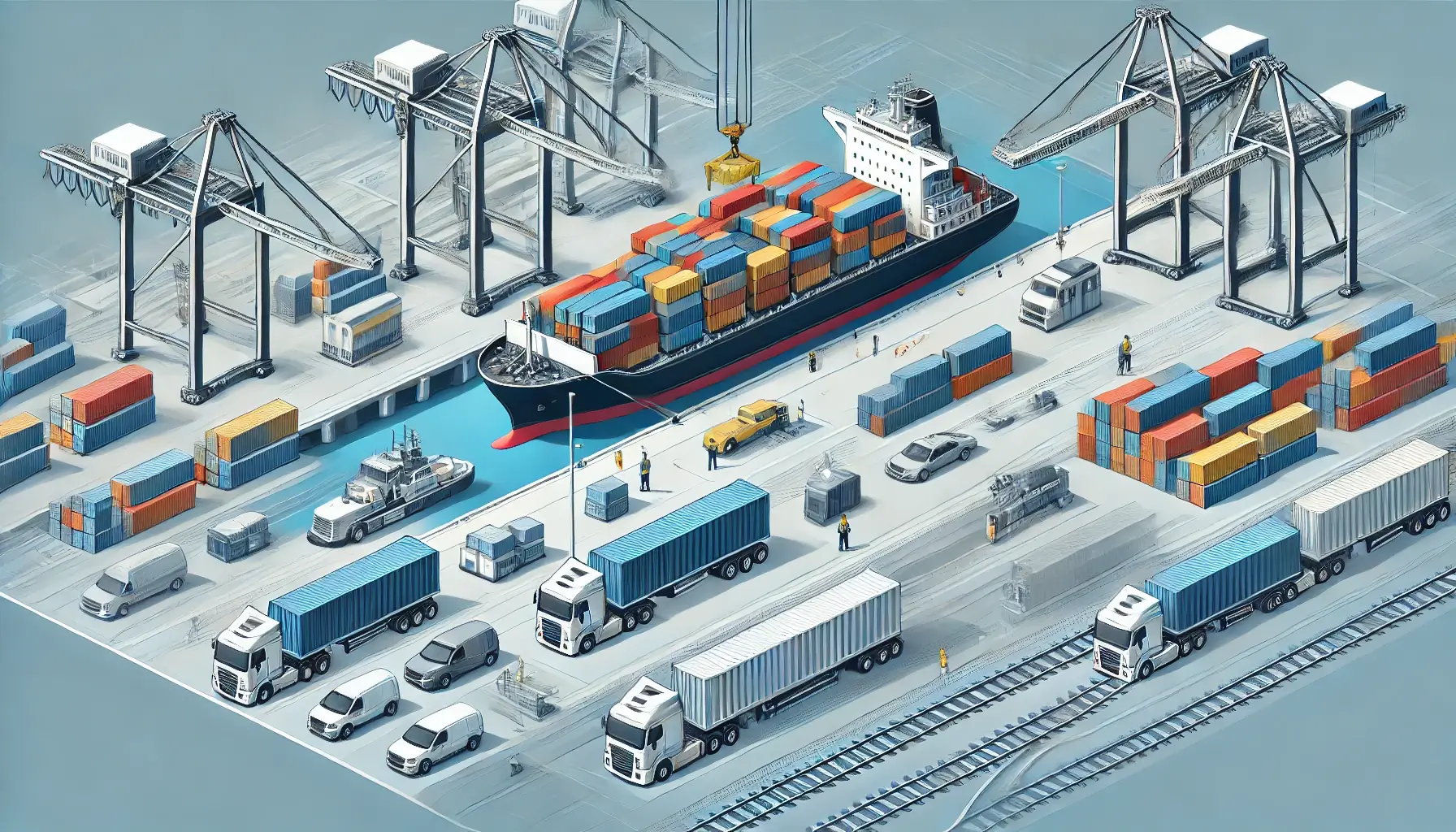What Is Freight and How Does It Work in Cargo Transportation?


What Is Freight and How Does It Work in Cargo Transportation?
The concept of "freight" first appeared in the 19th century and was initially associated exclusively with maritime transportation. At that time, chartering a vessel meant renting it from a shipowner to deliver specific cargo. The cost of freight included not only transportation fees but also the value of the goods themselves and all related expenses, which today would be classified as logistics costs.
Today, the term "freight" has expanded significantly. It is now applied not only to sea freight but also to road, rail, and even air transport. However, the core principle remains unchanged: freight refers to renting a transport vehicle to move cargo from one point to another.
What Is Freight Really About?
The word "freight" originates from German and English, where it means "in the right". This implies that a freight agreement—either local or international—is always required.
The main difference between freight and regular transportation is that payment is made not for the delivery itself, but for the use of the transport vehicle.
Freight is particularly beneficial when transporting large, heavy, or perishable cargo directly, without intermediate stops or customs delays.
What Determines the Cost of Freight?
The price of freight depends on several key factors:
- Route complexity: The longer and more complicated the journey, the higher the cost.
- Intermediate stops: Customs checkpoints, layovers, or transshipments increase expenses.
- Cargo category: Hazardous or highly valuable goods require additional security measures.
- Local fees and duties: These vary by country and region.
- Loading and unloading: If handling is required at intermediate points, it impacts the total cost.
Key Features of Maritime Freight
Maritime freight remains one of the most flexible and cost-effective transportation methods. A vessel can be rented:
- For a single voyage.
- For a specific time period.
- With or without a crew.
Sea transport is ideal for oversized and high-value cargo. Oceans and seas offer virtually unlimited capacity, and ships operate on strict schedules without unnecessary stops.
Air Freight: Speed vs. Limitations
Air freight is the fastest way to deliver goods from anywhere in the world. However, it comes with limitations—not all goods can be transported by air. Hazardous or overly large cargo often exceeds aviation restrictions.
What Are the Advantages of Freight?
Freight is more than just renting a vehicle—it is a strategic logistics solution that helps optimize transportation, reduce delivery times, and minimize risks. This is especially important for businesses that deal with large shipments or specialized cargo.

